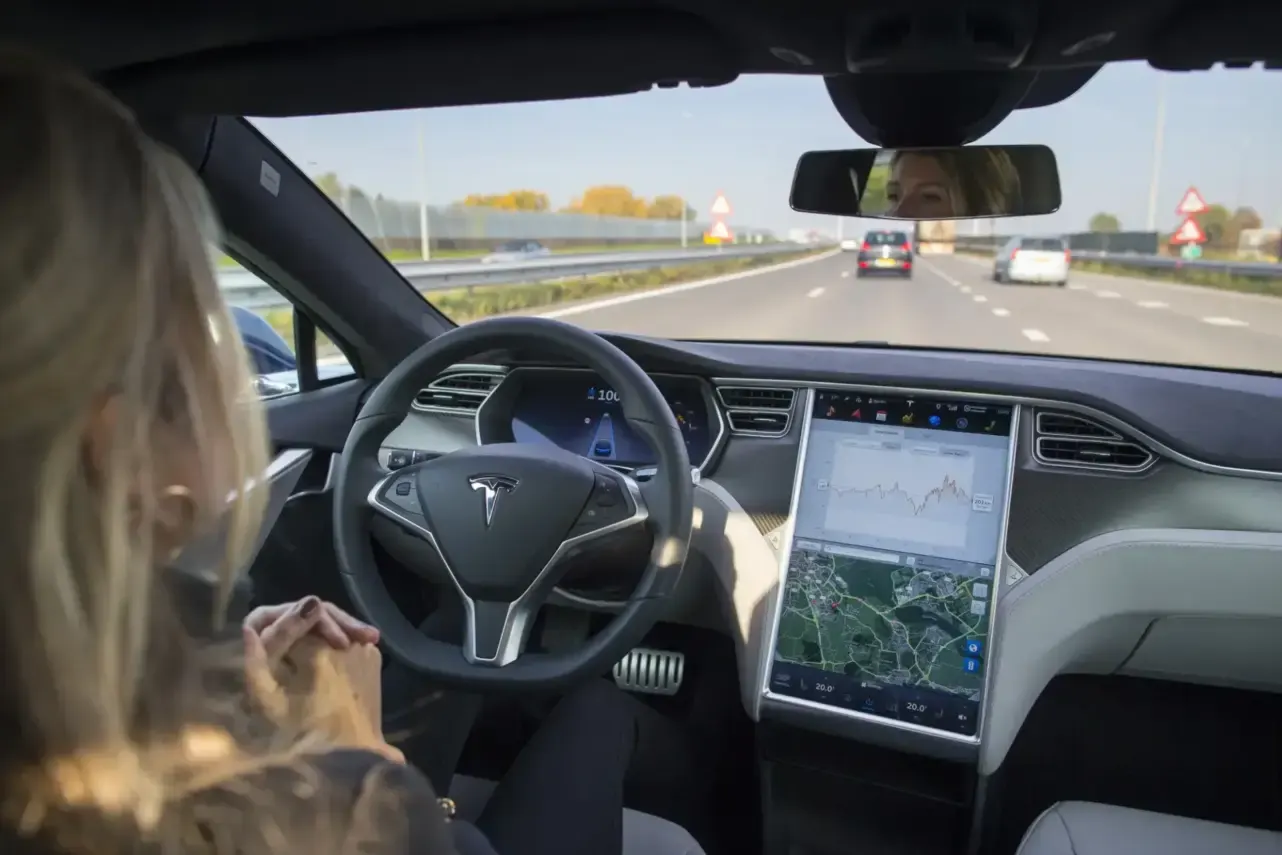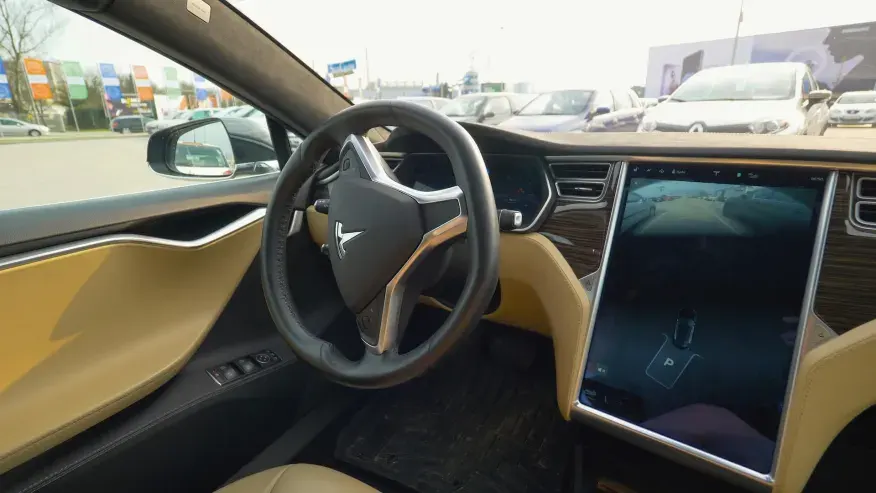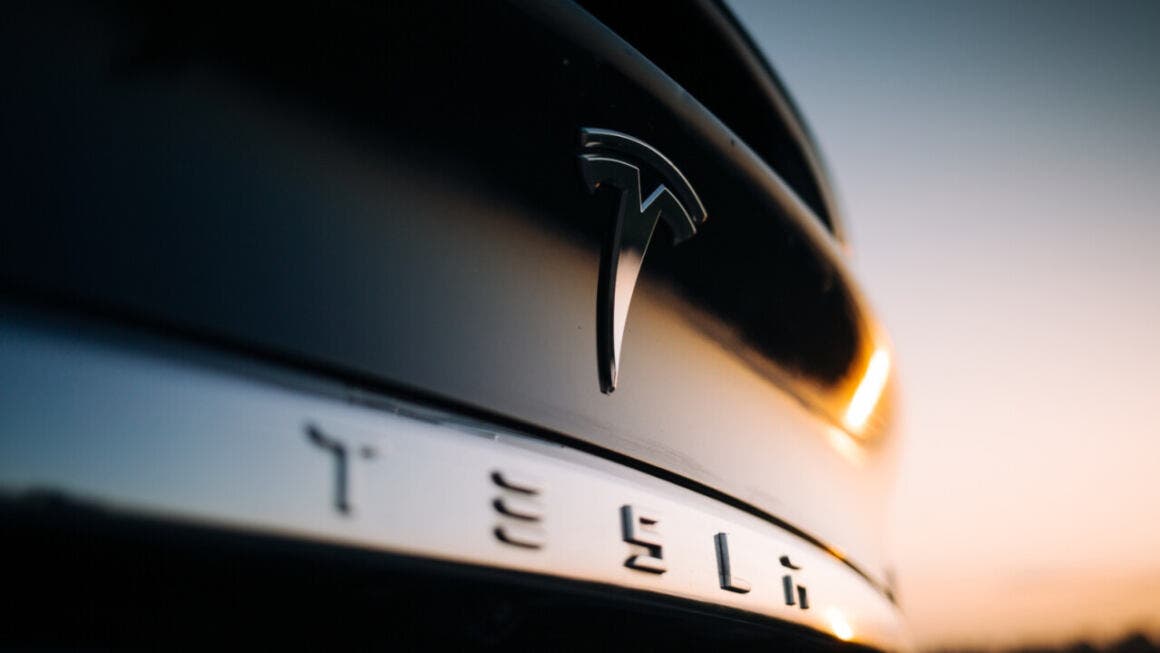Another day, another legal battle for Tesla. This time, the focus is on the company’s autonomous driving technologies, with a new class-action lawsuit filed by shareholders. At the heart of the case are claims that Tesla tested its self-driving vehicles—including those developed for its upcoming robotaxi service—without properly disclosing critical data.
Filed this week in the U.S. District Court for the Western District of Texas, the lawsuit, first reported by Reuters, accuses both Tesla and CEO Elon Musk of concealing testing data that allegedly proves Tesla’s autonomous driving systems were overhyped and potentially unsafe.

The suit, led by Austin-based shareholder Denise Morand, seeks financial compensation for investors who bought Tesla shares between April 19, 2023, and June 22, 2025, claiming they were misled.
This isn’t the first time Tesla’s self-driving capabilities have come under legal scrutiny. Just last Friday, a Florida jury found Tesla 33% liable in a fatal crash involving a 22-year-old woman and her boyfriend, neither of whom were inside the Tesla vehicle. The company was ordered to pay $243 million in damages, though Tesla argues the blame lies with the driver and plans to appeal the ruling.
In California, Tesla is facing additional legal pressure. The state’s Department of Motor Vehicles (DMV) has filed a lawsuit claiming Tesla misrepresented the capabilities of its Autopilot and Full Self-Driving (FSD) systems in its marketing. The DMV is seeking to suspend Tesla’s license to sell vehicles in California for 30 days and potentially force the company to compensate customers who may have been misled.

The growing number of lawsuits reflects increasing skepticism around the true readiness and safety of Tesla’s autonomous tech, and how transparently the company has communicated its progress. Investors and regulators alike are now calling Tesla’s accountability and risk management into question as the company pushes forward with its ambitious plans.
